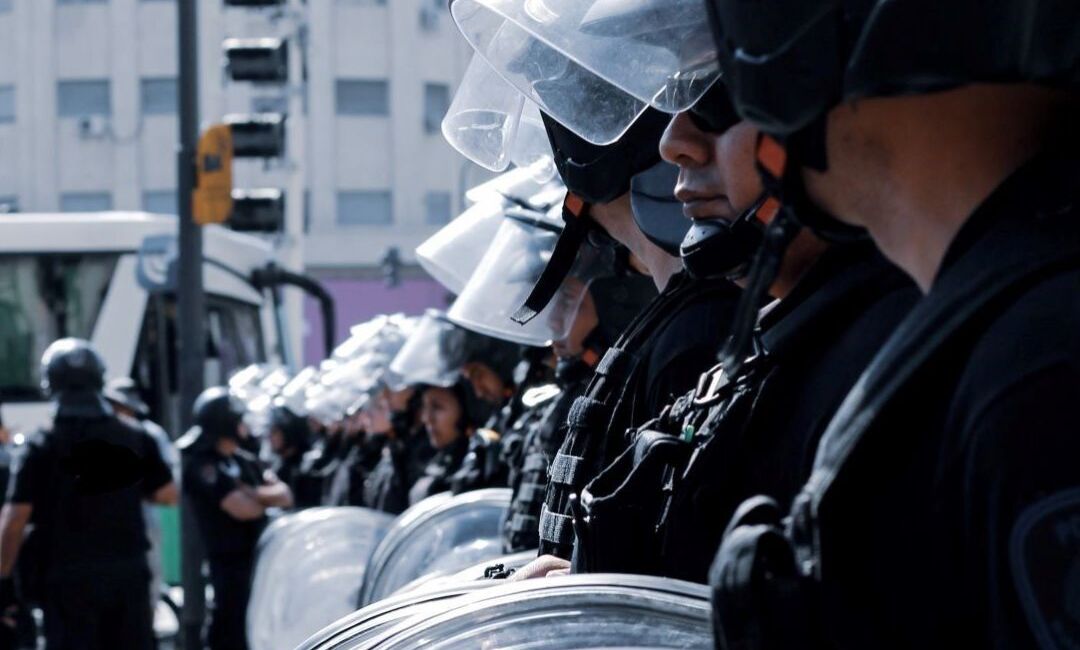If we all choose an occasion now and then to disarm, talk it out, and decide on a path forward, the way out is no longer war, but a move towards peace.
Change requires laying down our weapons

Just imagine
A man is standing on the sidewalk in full battle gear: helmet, flak jacket, boots, assault rifle, and lots of visible ammunition. He’s looking intense and aggressive. A bunch of his friends, similarly outfitted, stand in a group behind him. You need to walk past this man to get to work. The path is narrow, there is no side stepping around him, and all other routes are long and difficult. It’s important that you go about your business, but you need to move forward to accomplish this and he’s in your way.
How interested are you engaging this man in conversation to negotiate the use of the path? What is it about him that makes you hesitate? The guns? The scowl? The armor?
What might you do to feel more comfortable walking into the situation?
One solution would be to quickly head home and put on your battle gear and round up a bunch of friends with their guns to back you up going down the path. However, that sounds likely to escalate. Two armed groups approaching each other tensely, unsure of the intentions of the other, is a recipe for conflict.
Two sides ready to go to war. Is this the kind of front we wish to present when we discuss issues?
Disarming discussions
We have our weapons – our talking points – ready to fire at the other side. We’re wearing armor – the preconceptions attached to the issues and the beliefs we hold about others who hold different opinions. All of this is strapped on and serves a purpose, to protect us from relational and emotional harm. Not every situation is safe, but surely armor is not always required, even when talking with the other side.
It’s very hard to make progress in the world when everyone is fully armed with a group of their friends ready to go to war.
Let’s return to our man on the path. Ideally, he would recognize your need to pass and the threat posed by his weapons and lay them down. You would feel safe enough to approach him and discuss your options for moving forward. Maybe you could just ask him, “Hey! I’m unarmed and I need to move past you. Can you lay down your weapons and talk to me about how we work this out?”
Disarming is always risky, but it is often necessary to make progress without shedding blood. If we all choose an occasion now and then to disarm, talk it out, and decide on a path forward, the way out is no longer war, but a move towards peace.